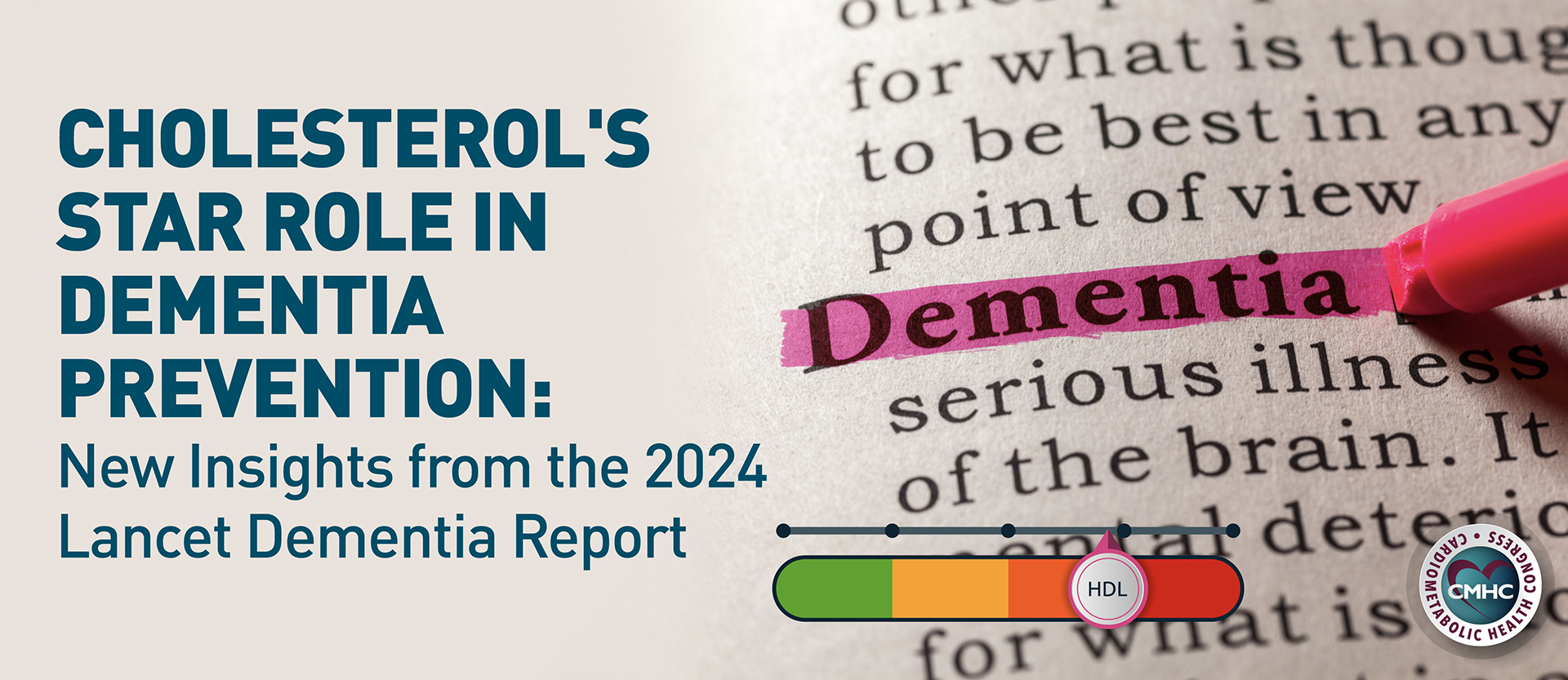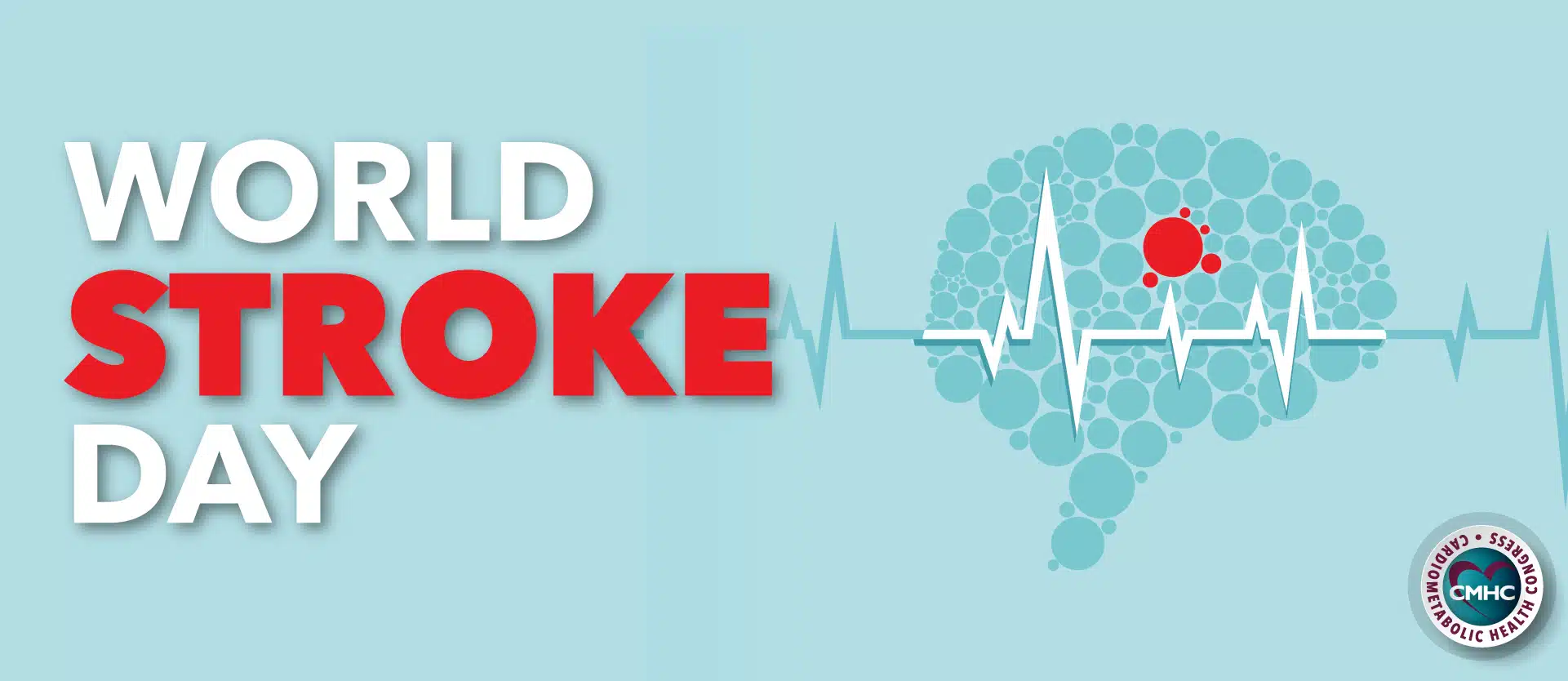Diet sodas are gaining negative attention yet again, and for good reason. A recent study found that consuming a daily can of sugar-free soda is associated with higher risks of suffering a stroke or developing dementia. Heavily sugared drinks already had a bad rap for causing a myriad of health issues such as weight gain, liver damage, kidney stones, diabetes, and heart disease. This study has refreshed the concern for disease risk in those that believe diet soda is a suitable replacement.
Researchers found that drinking one diet soda a day is associated with a 2.96 times more likely chance of suffering an ischaemic stroke and a 2.89 times higher chance of developing Alzheimer’s. While it would be irresponsible to imply that artificial sweeteners actually cause stroke or dementia (proving causation is very difficult in health studies) it is important to acknowledge the study’s warning. There is a correlation between artificial sweeteners and the increased risk of dementia and stroke that’s very concerning. It’s certainly an added consideration that keeps me far away from diet sodas.
Artificial sweeteners have also been associated with health concerns besides stroke and dementia. A 2009 study found that people who consumed diet drinks daily had a 67 percent higher risk for type 2 diabetes and a 36 percent higher risk of metabolic syndrome.
It has been found that artificial sweeteners can dangerously impact your gut microbiome. One study suggests that artificial sweeteners favor bacteria that pull energy from food and convert it into fat. Meaning, If you are consuming zero calorie sweeteners specifically to cut down on weight gain, you aren’t doing yourself any favors. Additionally, studies suggest that fake sugar can induce glucose intolerance, which can be a precursor of increased risk for liver and heart disease.
It has also been shown that artificial sweeteners can have a more potent taste and flood your sugar receptors. Meaning if you are regularly using artificial sweeteners you may find naturally sweet foods less appealing making it more difficult to satisfy your sweet craving. It can also contribute to making bitter foods such as vegetables taste downright disgusting. This can contribute to a vicious cycle of increased sugar intake, which can cause a cascading effect on your overall health.







